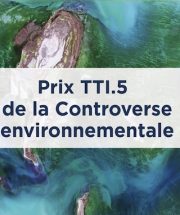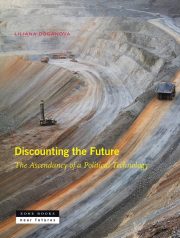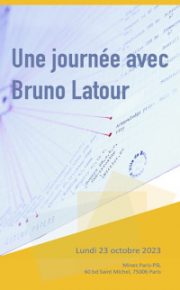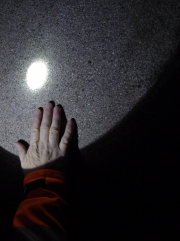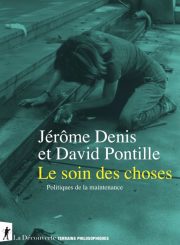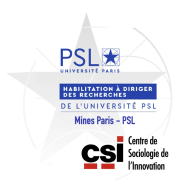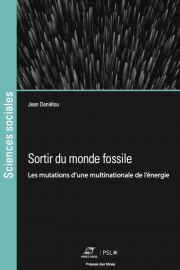
A book by Jean Daniélou pubished by Presses des Mines.
Having built a world based on the exploitation and consumption of fossil fuels in the 20th century, multinational energy companies are now facing the need to abandon this path. Both exceptional and paradoxical, this moment in capitalism is characterized by a profound transformation of these companies.


